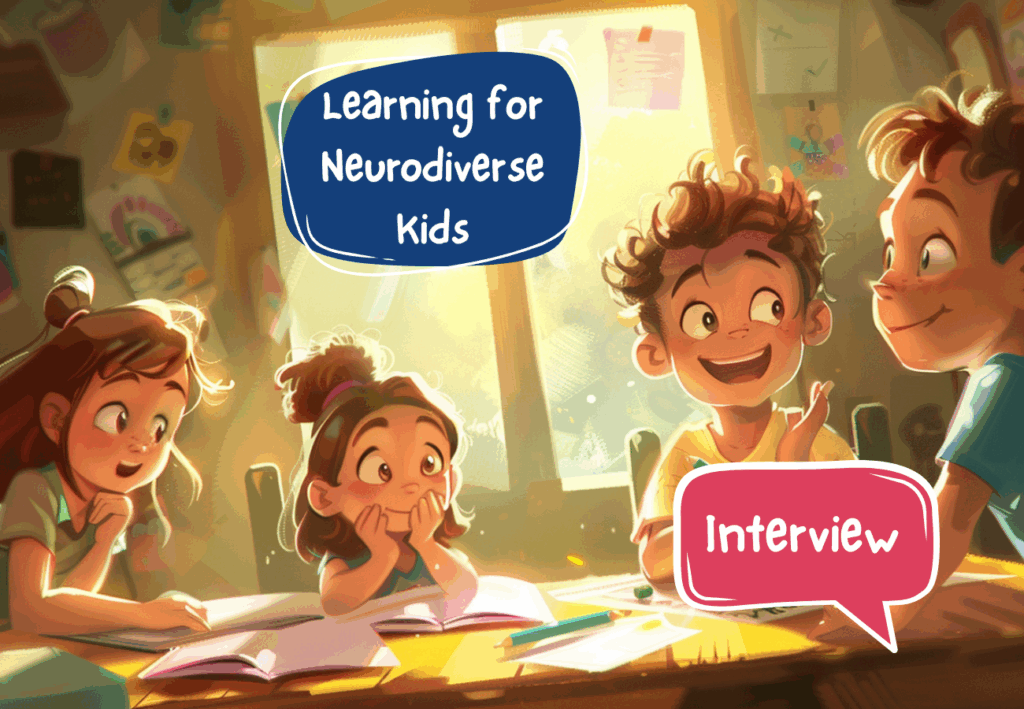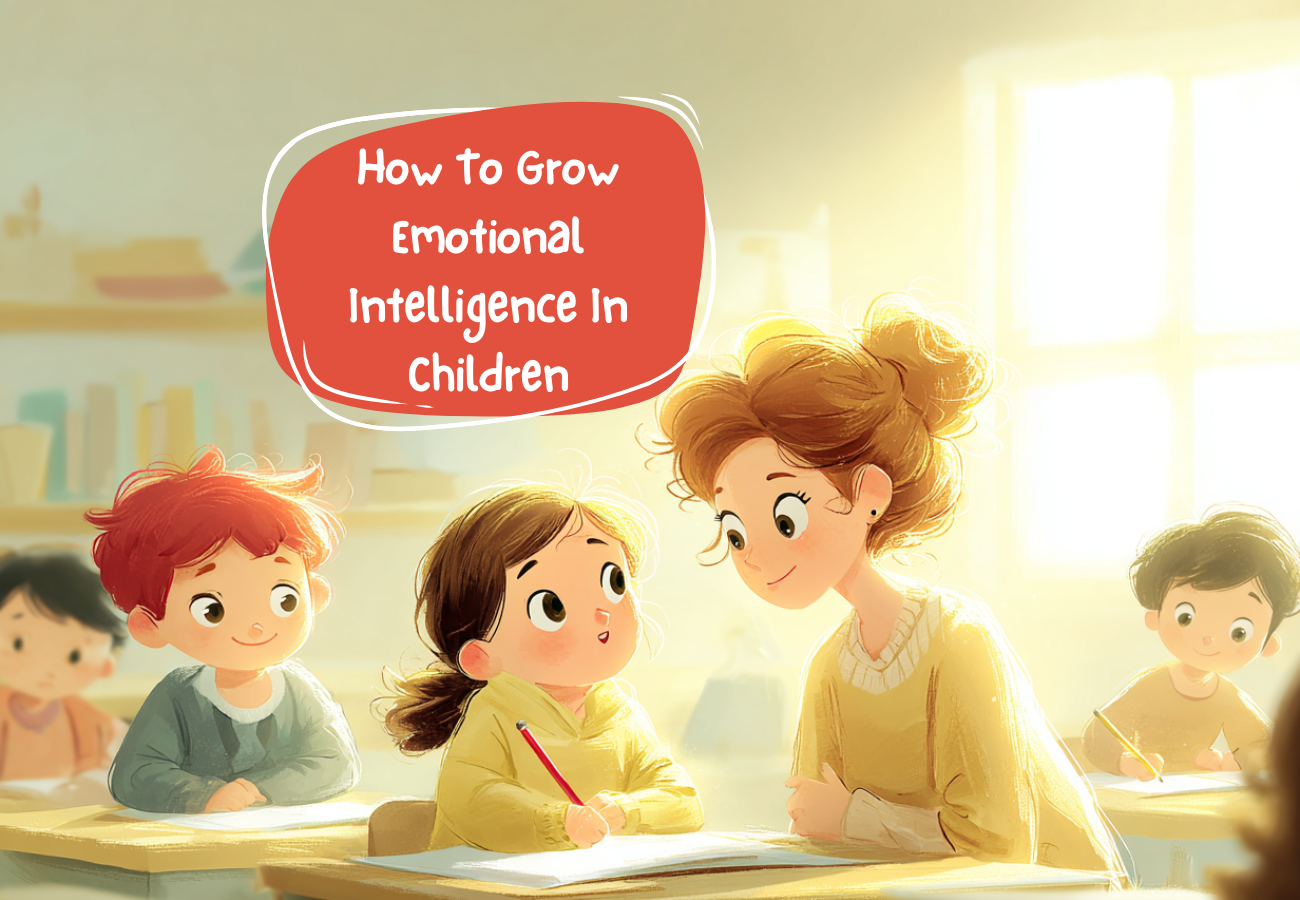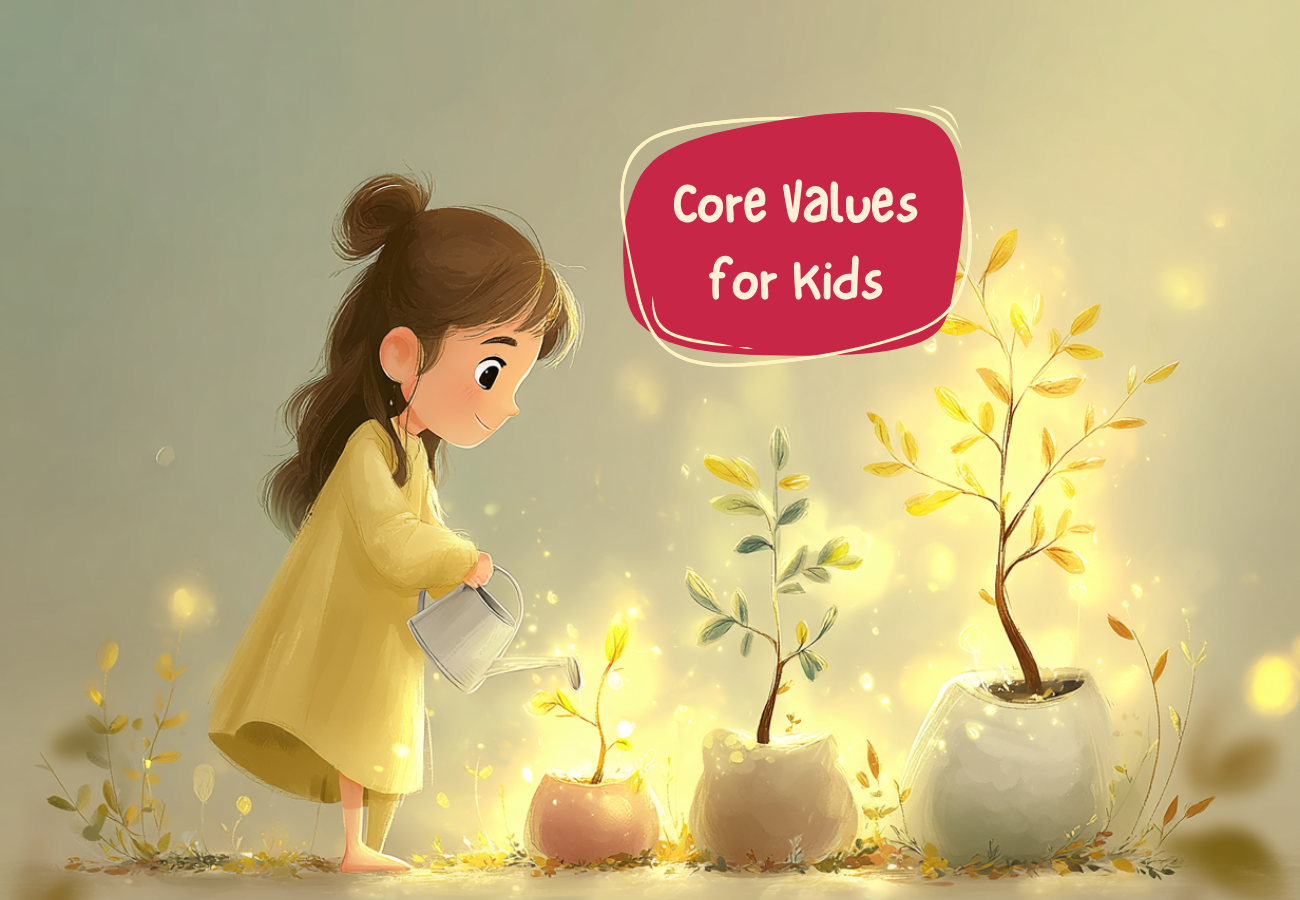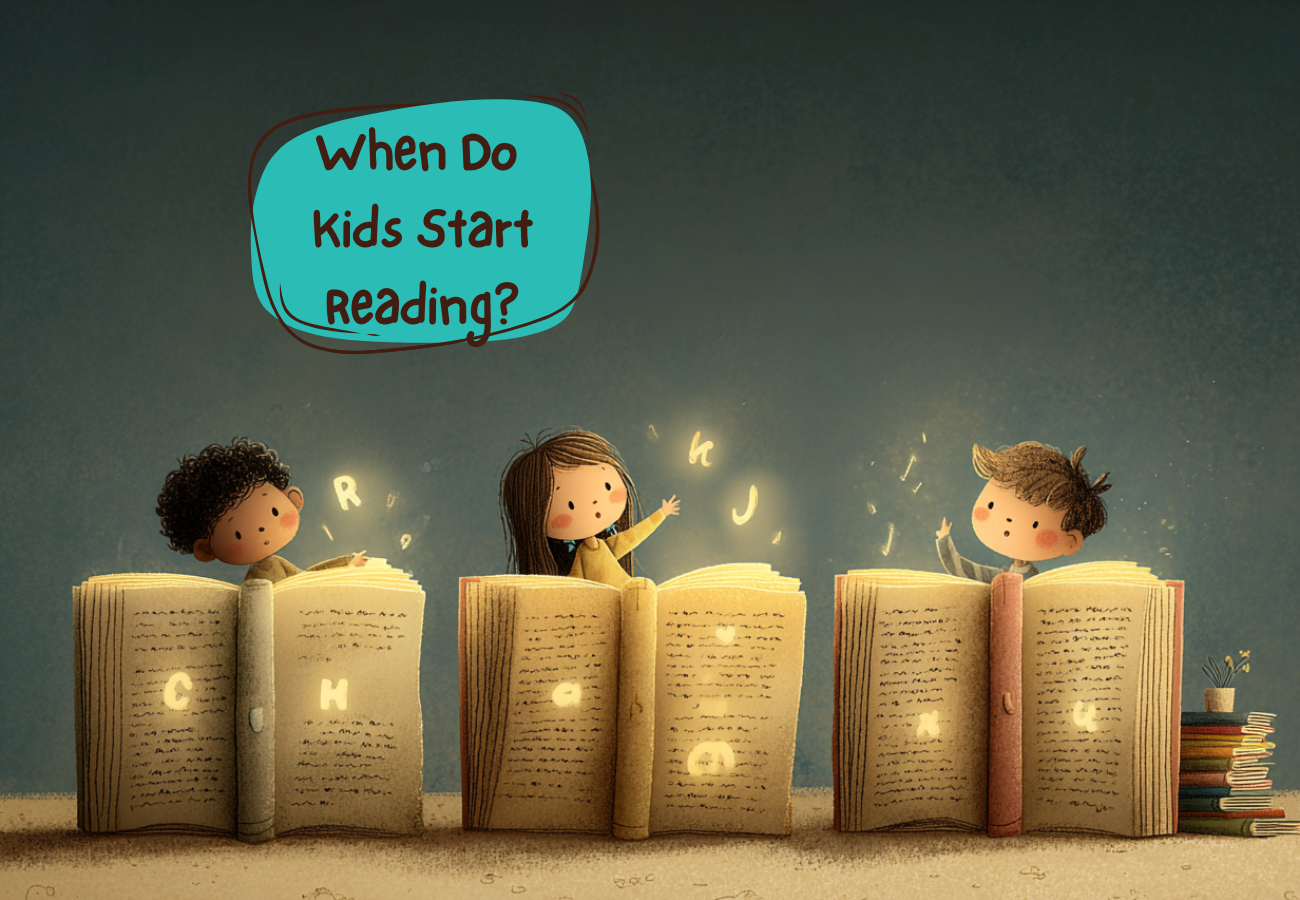Creating Joyful Learning for Neurodiverse Kids: A Homeschooling Mom’s Journey with Alicia Ortego Books

A New Path in Education
We always love hearing how our books support children and parents around the world. Recently, we spoke with a mom of three neurodivergent boys and the founder of Backyard Academy. Every day, she looks for creative ways to approach learning and parenting, and she shared with us how Alicia Ortego’s books have become a meaningful part of that journey.
In 2020, like many families, Amy Cope were faced with an impossible choice. With a newborn at home, chronic health concerns, and a son who struggled in virtual school, they decided to try homeschooling.
“Now, looking back at that time in our lives, we are thankful for that one positive aspect because we believe that the pandemic gave us the opportunity to explore homeschooling sooner than we would have otherwise, and we believe that it has been very important and necessary to our sons’ education and happiness.”
Educator behind Backyard Academy, a resource hub she created to support children with different learning needs. As both a teacher and a mother to three neurodivergent sons, her approach blends empathy, creativity, and flexibility.
Teaching Three Unique Learners
Homeschooling three neurodivergent children is not easy. Boys are autistic with a PDA profile (Pathological Demand Avoidance), and also live with dyslexia, dysgraphia, dyscalculia, and ADHD.
She explains, “PDA is a profile of autism that is characterized by an extreme drive for autonomy and extreme sensitivity to demands—either internal or external. Basically, people with a PDA profile tend to resist and avoid ordinary demands in life and demands, both from themselves and their own bodies, as well as from others. These demands activate an extreme threat response and anxiety in their bodies which can look like refusal, anger, aggression, etc., but is truly anxiety and fear.”
To meet her children where they are uses a child-led, eclectic, and play-based approach.
“We homeschool in an eclectic, secular fashion, very play-based and child-led and centered. At times we follow an unconventional form of unschooling, as that works best for our kids and their needs.”
How Books Spark Connection and Growth
One of biggest priorities is building social-emotional learning into her children’s days. Books are a central tool in this process.
“We discovered Alicia Ortego’s books a year or so ago and they stood out for the simple and important message, bright and child-friendly illustrations, and the variety of examples provided in each book. Sometimes ‘simple’ concepts can be difficult for my kids to grasp, and these small details help to create a perfect opportunity for our kids to fully understand.”
She recalls one breakthrough moment: “My kids have found honesty to be a very difficult topic. Alicia Ortego’s book Honesty is My Superpower: A Kid’s Book About Telling the Truth and Overcoming Lying led to some great conversations. We were able to talk about the difference between telling the truth and lying, why lying is important, and how to be honest while still considering someone else’s feelings —probably the trickiest aspect for them.”
Seeing her children connect with the concept in a way that worked for them was “wonderful as a teacher and a parent.”
The Birth of Backyard Academy
Experiences inspired to launch Backyard Academy, where she creates multi-sensory, gamified resources for families and children of all abilities.
“I decided to create Backyard Academy after struggling to find resources that were appropriate for kids with scattered skills, different ages and abilities, and providing developmentally appropriate activities, games, worksheets, and lessons for kids who may need to learn remedial skills in a way that did not feel baby-ish.”
She designs resources that are flexible and engaging: “I wanted every child, including those that are reluctant learners, to find something fun and exciting at school. I think the key to teaching kids, especially those who are reluctant learners, is to find out what excites them, so I have done my best to create fun, multi-sensory, and gamified resources that teach educational skills on the sly.”
Advice for Other Parents
Contributor is passionate about sharing what she has learned with other families.
“If I had to give advice to others who are raising neurodivergent kids, I would encourage them to do lots of research. Learning about how much trauma neurodivergent kids can undergo in traditional schools and what that can look like made my husband and I passionate about preventing that for our own children.”
She emphasizes teamwork and open-mindedness:
- “Having neurodivergent kids has definitely been a matter of growth for my husband and I, as people and as parents, just as much as anyone else.”
- “Both partners, or anyone caring for the child, should both learn about the best ways to interact, teach, and connect with their children. Having only one parent/provider as the sole person learning creates a bigger burden on the partner, and the relationship. Learning together ensures that everyone is on the same page and ensures teamwork and respect.”
And to parents considering homeschooling, she offers reassurance:
“Most of all, I think it’s important to know that, even when you feel alone, even on your hardest days, there are other families out there, working away, doing the best they can with what they have, giving all the love, time, dedication and patience that they have, just like you. That this is hard, but that doing the right thing often is. You may feel alone, but you’re definitely not.”
A Shared Mission
Contributor’s journey shows the power of creativity, flexibility, and heart in education. Through Backyard Academy, she is building tools that respect every child’s individuality. Through Alicia Ortego’s books, she and her boys have found stories that make social-emotional concepts both accessible and meaningful.
As Interviewee puts it: “The world is a tough place right now, but people like you make the world a better place.”
To explore her work, visit: Backyard Academy
Together, we can celebrate differences, nurture empathy, and create classrooms — at home or at school— where every child can thrive.
More articles

A Teacher And Mom’s Perspective On Growing Emotional Intelligence In Children
Have you ever asked yourself, “How do I help my child understand their feelings and handle them in a healthy way?” If yes, you’re not alone. As a teacher and a mom, I’ve heard this question from parents in school meetings, in casual chats, and even during pick-up time. The good news is, emotional intelligence […]

Core Values for Kids: Teaching Character, Responsibility & Kindness
Helping children understand who they are and what matters to them is an essential part of emotional and social development. One of the most effective ways to build character is by teaching core values early. Whether you’re a parent, teacher, or counselor, having a list of values for kids or a list of core values […]

When Do Kids Start Reading? A Parent’s Guide to Early Literacy and Chapter Books
One of the most common questions parents ask is “When do kids start reading?” Understanding reading milestones can help you support your child’s literacy journey with confidence and patience. While every child develops at their own pace, research shows predictable stages of reading growth. From recognizing letters to reading their first chapter book, this guide […]



